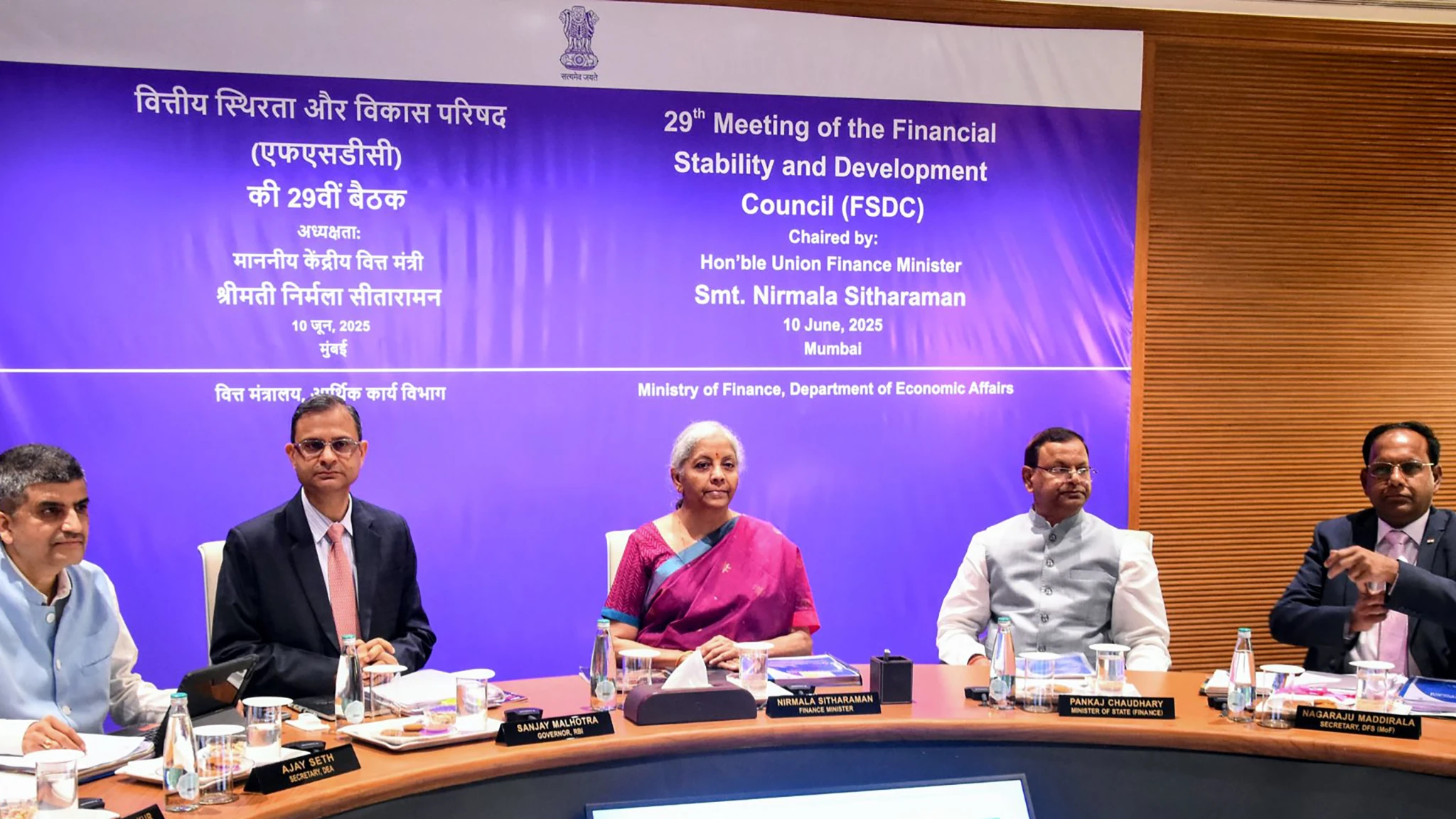Tariff Tensions Brew Over Trade
The global trade landscape is bracing for another jolt as April 2nd approaches, the date US President Donald Trump is set to implement reciprocal tariffs. While India may not be the primary target in this escalating trade friction, the reverberations are certain to be felt across the nation’s economic sectors. Trump’s statements in a Breitbart News interview explicitly mentioned India’s high tariffs, hinting at equivalent measures from the US side.
India’s Reactive Measures
India has already begun to preemptively address these concerns. Tariff reductions on certain goods like motorcycles and alcoholic beverages are attempts to appease the US and mitigate potential damage. Lowering duties on bourbon whiskey and motorcycles could be seen as olive branches. Commitments to increase defence purchases from the US and explore oil imports further illustrate India’s proactive stance to navigate these choppy waters. However, the effectiveness of these measures remains under scrutiny. Experts at Goldman Sachs project potential GDP hits for India, ranging from 10 to 60 basis points, highlighting the significant economic anxiety. S&P Global Ratings offers a slightly more optimistic view, suggesting India’s strong domestic economy could cushion the blow, but indirect trade effects, particularly on sectors like steel and chemicals, remain a concern. Fitch Ratings and Moody’s have also voiced concerns about the broader risks to India’s growth trajectory and specific sector vulnerabilities across South and Southeast Asia.
Bajaj Finance Bets on Growth
Amidst these global uncertainties, Indian businesses are charting their own courses, often focusing inwards. Bajaj Finance, a major player in the financial sector, recently outlined its ambitious five-year plan to reach 200 million customers and capture a 4-5% share of the retail credit market. This expansion is fuelled by new business lines like green financing and a strategic focus on micro, small, and medium enterprises (MSMEs). Anup Saha, MD-designate, emphasised the company’s transition into a ‘Fin-AI’ entity, leveraging artificial intelligence to enhance customer engagement and operational efficiency. This strategic pivot towards technology and new market segments showcases a resilient approach, seemingly undeterred by external economic headwinds.
Domestic Focus for Resilience
Bajaj Finance’s strategy reflects a broader trend in India – a growing emphasis on domestic market strength to counter global volatility. While the tariff wars and international trade dynamics create an uncertain environment, Indian businesses are increasingly looking inwards for growth opportunities. The focus on MSMEs, green financing, and leveraging technology are not just business strategies but also indicators of a nation aiming for self-reliance and sustainable growth. This dual approach – navigating global challenges while bolstering domestic capabilities – could define India’s economic trajectory in the coming years.
What does this mean for Indian markets? Expect continued volatility as tariff deadlines approach and global trade winds shift. However, the underlying resilience of the Indian economy, driven by domestic demand and strategic business expansions, suggests a capacity to weather the storm. Keep a close watch on sector-specific impacts and companies prioritising innovation and domestic growth; they might just be the safest harbours in these turbulent times.










Leave a Reply